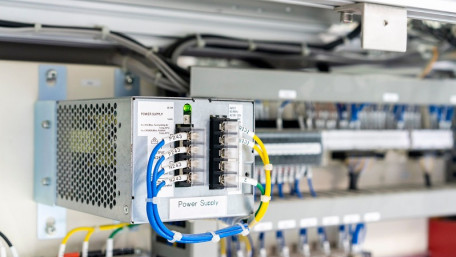
DC voltage systems exist to provide controllers and field devices with stable power, but it is not always clear when these systems should be bonded with the…
DC voltage systems exist to provide controllers and field devices with stable power, but it is not always clear when these systems should be bonded with the earth ground of the AC line voltage supply.
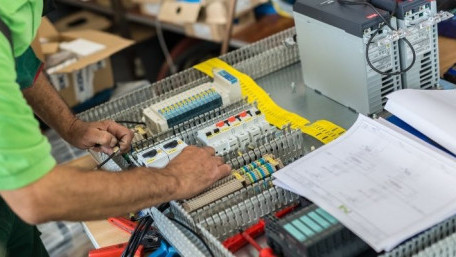
Power supplies tend to get a reputation as one of the most important power considerations of a DC control circuit - but…
Power supplies tend to get a reputation as one of the most important power considerations of a DC control circuit - but we can’t ignore other key players: power filters, converters, and backup power modules.
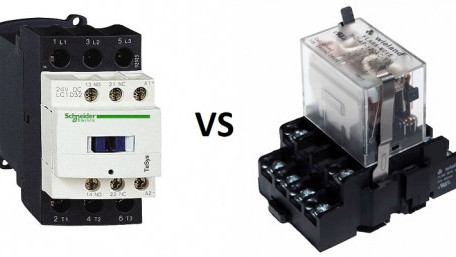
Although the are similarities in operating theory, relays and contactors are used in industrial circuits for different…
Although the are similarities in operating theory, relays and contactors are used in industrial circuits for different specific applications, and should not be used interchangeably.
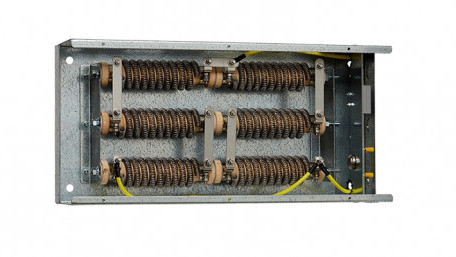
Large DC and AC motor drives often provide terminals for installing a braking resistor. What are these resistors, and how…
Large DC and AC motor drives often provide terminals for installing a braking resistor. What are these resistors, and how do they slow down a machine? What hazards and cautions must be considered?
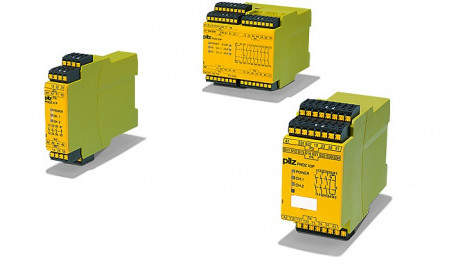
Redundancy and safety are often seen together in industrial safety systems. Safety relays monitor emergency devices to…
Redundancy and safety are often seen together in industrial safety systems. Safety relays monitor emergency devices to switch contacts based on status - but what makes them different from normal relays?
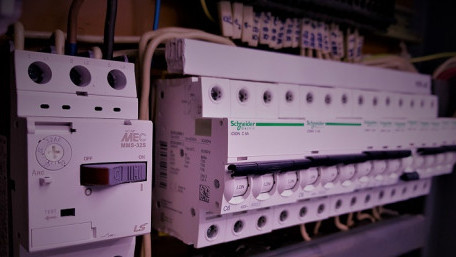
Labels are such a small detail in the world of robotics and automation, they are often given very little attention.…
Labels are such a small detail in the world of robotics and automation, they are often given very little attention. However, they play a vital role in proper system function - from installation to troubleshooting.
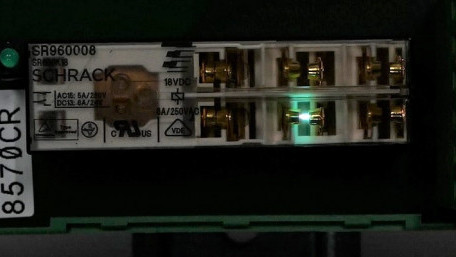
Inductive loads, such as solenoids and contactors, can cause arcs and failures back into electromechanical switching…
Inductive loads, such as solenoids and contactors, can cause arcs and failures back into electromechanical switching devices, causing costly downtime. The solution is cheaper than you think.
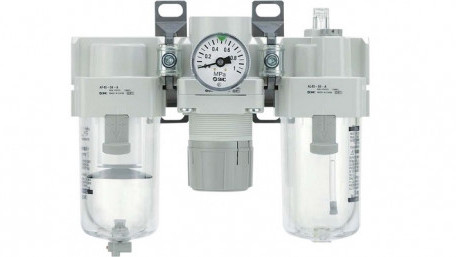
Moisture inside industrial pneumatic systems is a major cause for concern, and if the air is not filtered or dried…
Moisture inside industrial pneumatic systems is a major cause for concern, and if the air is not filtered or dried properly, it can lead to serious failures.
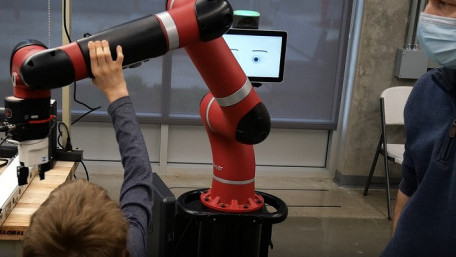
We've read about the capabilities of collaborative robots, but often, one question still remains - how do you program a…
We've read about the capabilities of collaborative robots, but often, one question still remains - how do you program a cobot? Last week, I got a chance to get my hands on a cobot for the first time.
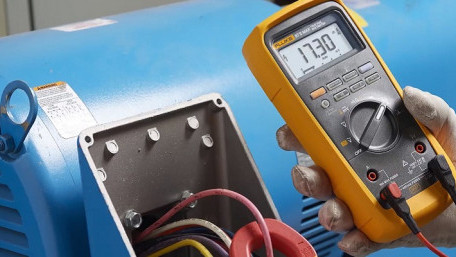
Analog and digital multimeters have both enjoyed popularity in different generations of electrical systems. What is…
Analog and digital multimeters have both enjoyed popularity in different generations of electrical systems. What is unique about the analog meters, and in what situations might they be preferred over their digital counterparts?
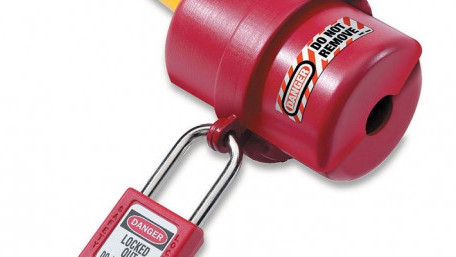
One of the most visible elements of industrial safety is the use of lock-out-tag-out (LOTO) devices, familiar to those…
One of the most visible elements of industrial safety is the use of lock-out-tag-out (LOTO) devices, familiar to those with experience. But, if you are new to the workforce, a brief introduction may be helpful.
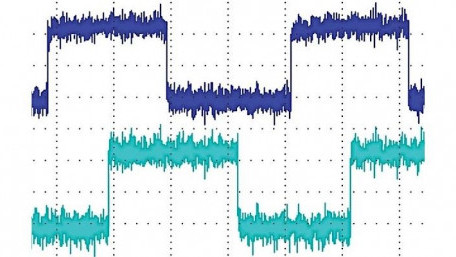
Noise signal sources occur primarily from radiofrequency interference (RFI), often in the form of impulse functions or…
Noise signal sources occur primarily from radiofrequency interference (RFI), often in the form of impulse functions or arcing. How do you mitigate process noise from your control system?
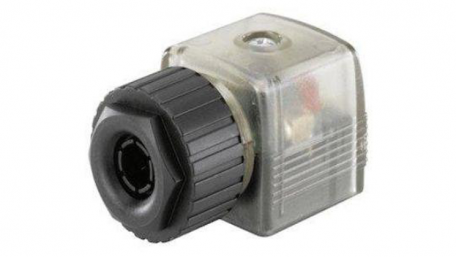
DIN is a widely-known standard for connectors and enclosures. Let’s break down the most common DIN connectors for…
DIN is a widely-known standard for connectors and enclosures. Let’s break down the most common DIN connectors for solenoid valves and their circuit functions.
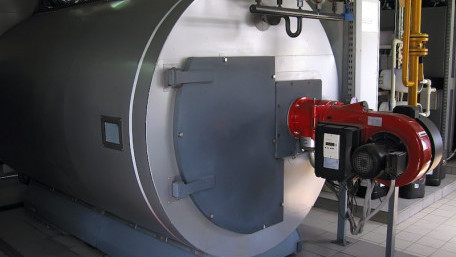
Safety is of utmost importance in the day-to-day operations of any system, especially a system where humans and machines…
Safety is of utmost importance in the day-to-day operations of any system, especially a system where humans and machines work together. Learn all about Safety Instrumented Systems and what it takes to keep workers safe, and the system running smoothly!
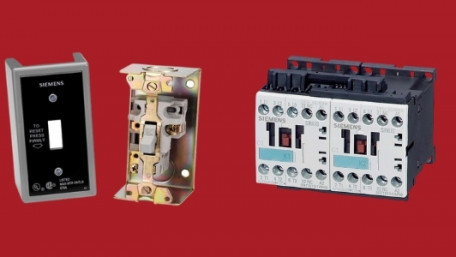
Motors drive all sorts of processes in a facility. Depending on the application, which motor starter is best suited for…
Motors drive all sorts of processes in a facility. Depending on the application, which motor starter is best suited for your needs?
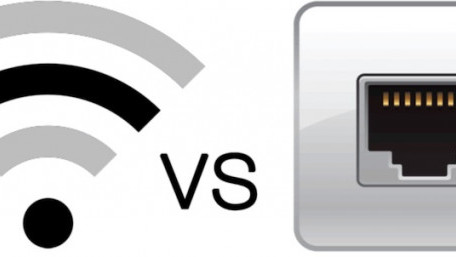
Are wired networks really more secure than wireless? Let’s dive into some differences between these two industrial…
Are wired networks really more secure than wireless? Let’s dive into some differences between these two industrial network types.
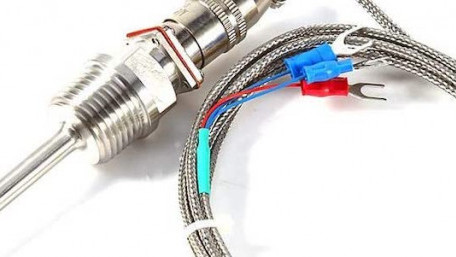
Signal conditioners are important components of industrial digital acquisition (DAQ) systems. Learn about different…
Signal conditioners are important components of industrial digital acquisition (DAQ) systems. Learn about different types, and their benefits and drawbacks.
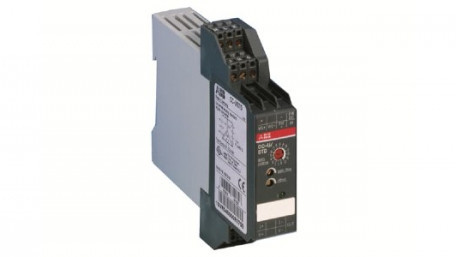
What is signal conditioning and how do you use a signal conditioner in your industrial application?
What is signal conditioning and how do you use a signal conditioner in your industrial application?
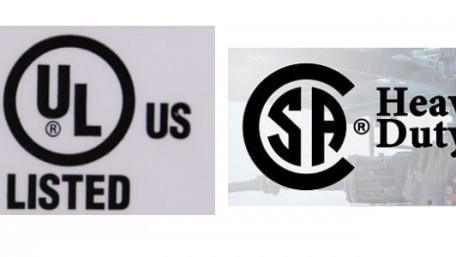
Now that we’ve learned the basics of common certifications like CSA and UL, let’s figure out their similarities and…
Now that we’ve learned the basics of common certifications like CSA and UL, let’s figure out their similarities and differences.
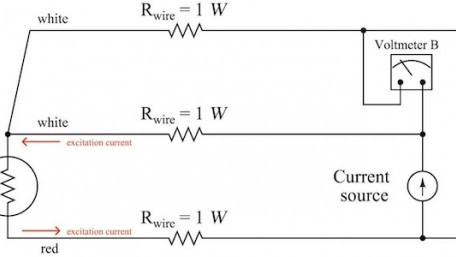
We already discussed a few limitations of resistance temperature detectors (RTDs); this article will explore the…
We already discussed a few limitations of resistance temperature detectors (RTDs); this article will explore the difference between two-wire, three-wire, and four-wire RTDs.
